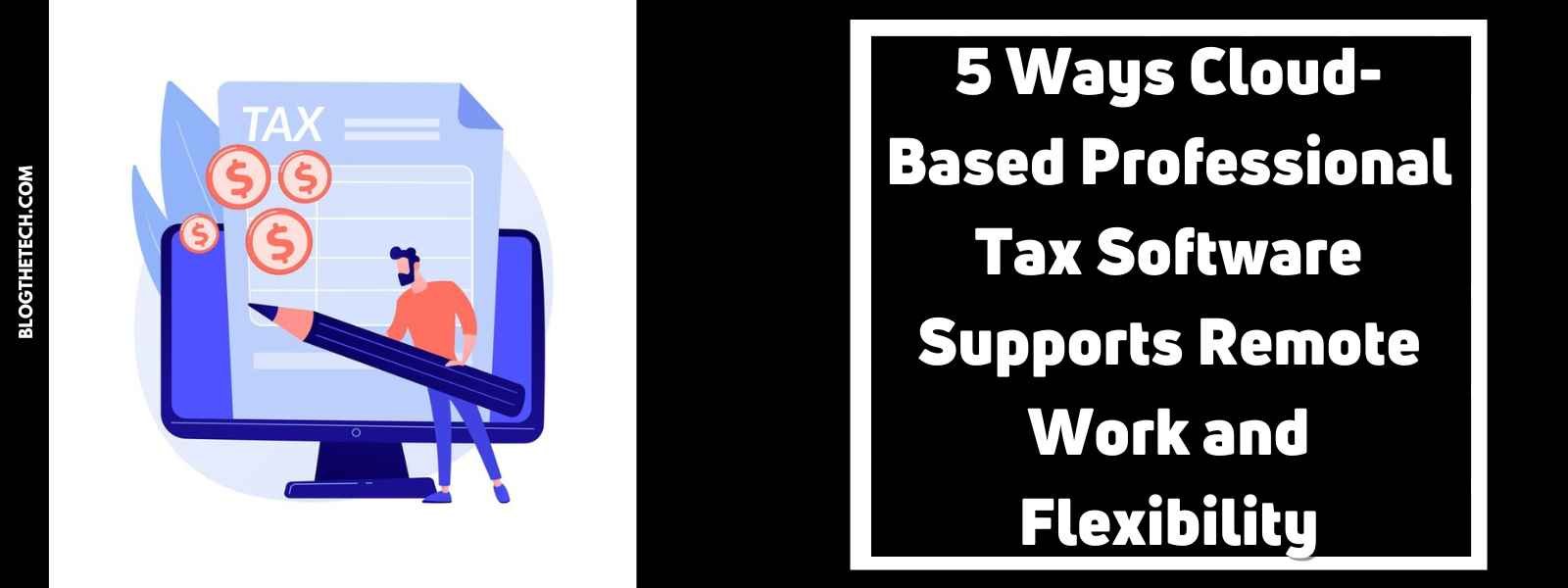In this blog post, we will examine how using an employee tracker can enhance employee performance and bring many advantages for both employees and employers.

Today’s fast-paced business environment underscores the significance of tracking and managing employee performance. Organizations seek ways to enhance productivity, enhance employee engagement, and optimize their workforce. According to statistics, 94% of organizations report monitoring employees’ digital activities, such as browsing history, computer files, and email usage.
In recent years, one powerful solution has emerged to meet these challenges: employee tracking software. This tool provides real-time visibility into employee activities and performance.
What is an Employee Tracker?
An employee tracker is software that allows employers to monitor various aspects of employee performance. These systems are designed to monitor employee attendance, time spent on tasks, project progress, and computer activity and provide accurate and real-time data on employee performance. Moreover, an employee tracker can be used to monitor computer software to ensure that all software used by your organization is up-to-date.
All in all, with this software, you can identify team members in need of assistance as well as any backlogs in productivity, which increases overall output for everyone involved.
How Employee Trackers Enhance Performance
1. Improved Accountability
Employee tracking software plays an instrumental role in improving employee performance by increasing accountability within the workplace. Being aware that their activities are tracked in real time gives employees a strong sense of ownership over their tasks and provides powerful motivation for staying on track, meeting deadlines, and remaining involved with work.
Enhancing accountability not only reduces the possibility of time-wasting activities but also fosters an environment of trust between employees and their supervisors. With real-time data on employee actions available to them, managers are better able to provide timely guidance, helping employees address challenges quickly and make improvements accordingly. In essence, accountability enhancers like employee trackers help create an efficient working environment, benefiting both employers and employees.
2. Enhanced Productivity
Employee trackers can provide insights into how employees spend their time during working hours. By analyzing this data, employers can identify time-wasting activities and bottlenecks in workflow processes. This information allows organizations to make data-driven decisions to optimize productivity and allocate resources more efficiently.
3. Employee Feedback and Recognition
Employee trackers are not just about monitoring; they also provide an opportunity for constructive feedback and recognition. By regularly reviewing performance data, managers can provide employees with feedback on their strengths and areas for improvement. Additionally, recognizing and rewarding high-performing employees based on real-time data can boost morale and motivation.
4. Time and Attendance Management
Tracking employee attendance and hours worked is a fundamental aspect of workforce management. Employee trackers can automate this process, reducing errors and making sure employees are compensated appropriately for their time. Furthermore, this can ensure compliance with labor laws and regulations.
5. Project Management and Resource Allocation
For organizations that work on multiple projects simultaneously, employee trackers can be invaluable. These systems can help managers monitor the progress of projects and allocate resources effectively. Real-time data on employee availability and workload allows for better project planning and prioritization.
6. Remote Work Management
The rise of remote work has made it challenging for employers to monitor employee performance. Employee trackers equipped with remote work capabilities can bridge this gap. They enable employers to track remote employees’ activities, measure their productivity, and ensure that work is being completed on time.
Benefits for Employees

While some employees may initially feel threatened by employee trackers, it’s essential to emphasize their potential benefits for both parties involved.
- Work-life balance: Employee trackers can assist employees in more effectively balancing work and life. By offering insights into time management and workload, these trackers allow employees to identify areas for improving efficiency while decreasing stress.
- Fair compensation: Accurate tracking of hours worked ensures employees receive fair pay for their efforts, while this transparency helps build trust between employers and employees.
- Support for remote work: This software provides remote workers with a sense of connection and accountability within an organization. It can also help remote workers stay on track with their tasks and projects.
Ethical Considerations and Privacy
Employee tracking software may bring many benefits, yet their use must also meet ethical and privacy considerations. Employee tracking should always be conducted transparently with due regard for employees’ privacy rights. It is important to establish clear policies and guidelines, so employees understand how their data will be utilized and protected.
Final Words
Organizations today face increased competition and rapidly evolving business environments, necessitating them to leverage every available tool for employee performance and productivity improvement. Employee trackers provide employers with an effective means of overseeing employee activities in real time, making data-driven decisions, strengthening accountability measures, and developing an engaged and productive workforce.
But for employee tracking to work effectively and ethically, proper implementation and administration are vital. When implemented and managed correctly, employee trackers can become powerful assets for both employees and employers, ultimately contributing to organizational success and expansion.




